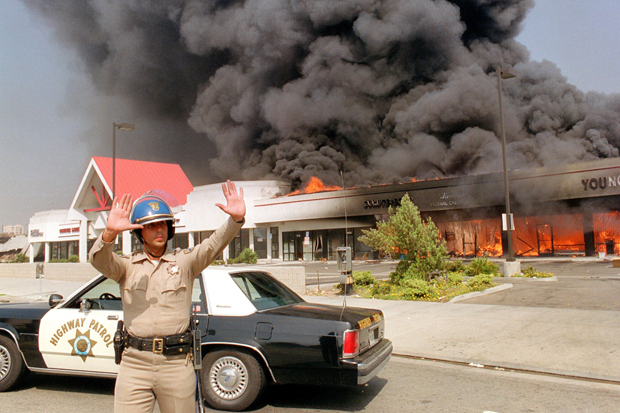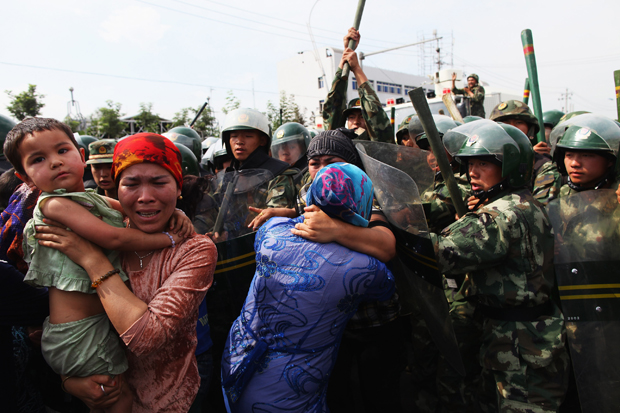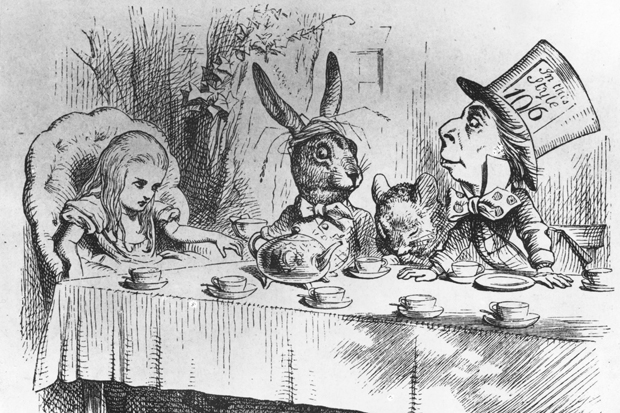Ryan Gattis’s novel All Involved is set in South Central Los Angeles in 1992, during the riots that began after four white police officers were acquitted of beating the black taxi-driver Rodney King. The inadvertent coup that the book’s publishers have scored by bringing it out in the wake of the Baltimore and Ferguson riots only underlines how far we haven’t come since then: some lines from this buzzing thriller might still be quotes from yesterday’s news stories, such as the impassioned complaint of one character against the police: ‘If you’re brown or black, you’re worth nothing.
Already a subscriber? Log in
Subscribe for just $2 a week
Try a month of The Spectator Australia absolutely free and without commitment. Not only that but – if you choose to continue – you’ll pay just $2 a week for your first year.
- Unlimited access to spectator.com.au and app
- The weekly edition on the Spectator Australia app
- Spectator podcasts and newsletters
- Full access to spectator.co.uk
Unlock this article
Available from the Spectator Bookshop, £11.69 Tel: 08430 600033
You might disagree with half of it, but you’ll enjoy reading all of it. Try your first month for free, then just $2 a week for the remainder of your first year.














Comments
Don't miss out
Join the conversation with other Spectator Australia readers. Subscribe to leave a comment.
SUBSCRIBEAlready a subscriber? Log in